5G Positioning Measurements
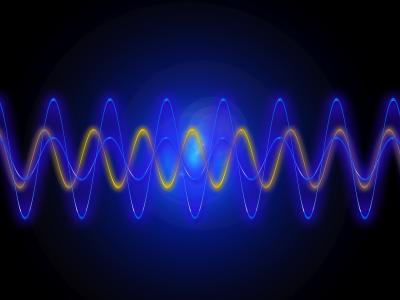
- Citation Author(s):
- Submitted by:
- Lorenzo Italiano
- Last updated:
- DOI:
- 10.21227/smpm-wx08
- Data Format:
- Links:
 496 views
496 views
- Categories:
- Keywords:
Abstract
The dataset contains 5G positioning measurements simulated using a MATLAB raytracer tool in realistic environments (outdoors and indoors).
Outdoor scenarios include static and dynamic users in the urban area of Città Studi, Milan, Italy, near the Politecnico di Milano - Campus Leonardo.
The indoor context is reconstructed using a LiDAR acquisition in the MADE Competence Center I4.0 located in Politecnico di Milano - Campus Durandò, Bovisa, Milan, Italy.
The datasets include:
- Base station (BS) coordinates;
- User equipment (UE) coordinates;
- Raw measurements (TDOA/RTT/AOA/AOD).
Each measurement will be marked with an integer timestamp (1,...,1000) and a boolean value (0/1) to indicate if the BS is in line of sight (LOS) or not (NLOS).
The simulations comprehend a plethora of experiments. For instance, a comparison between the different numerologies (0, 1, 2, 3), methods (DL-TDOA, multi-RTT, UL-AOA, DL-AOD), and BS array (4x4, 8x8, 16x16).
Instructions:
The CSV files contain a table with the following columns:
- BS coordinates (x, y, z);
- UE coordinates (x, y, z);
- Raw measurements (TDOA/RTT/AOA/AOD);
- Timestamps (1, ... ,1000);
- LOS/NLOS (1/0).
(Note that TDOA measurements have a NaN value in correspondence with the BS Master.)
Instead, the MATLAB (.mat) files have a 1xM array variable for each column of the table.


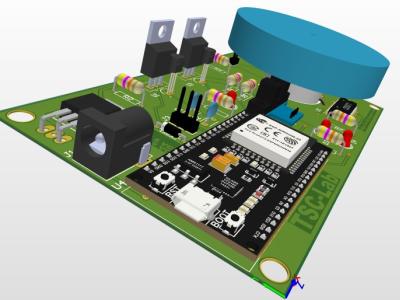

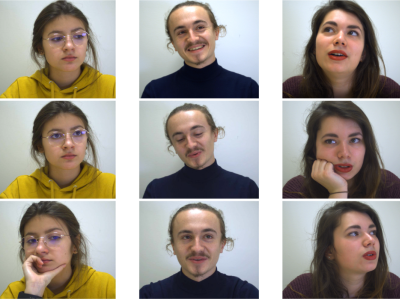
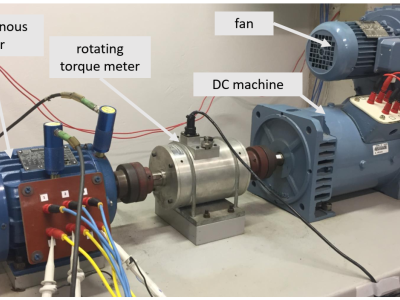
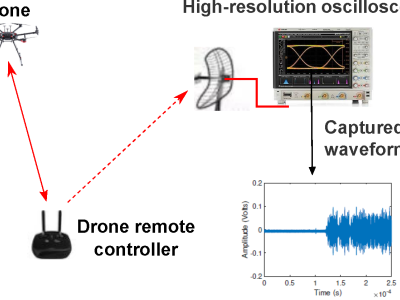
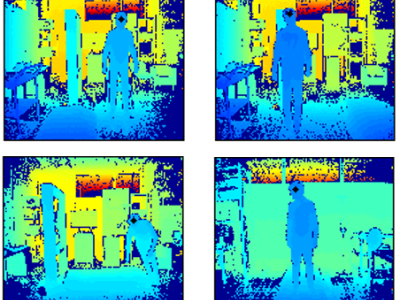

Very important information that helps me with my PhD thesis. Thanks
I'll be citing the dataset.
In reply to Very important information by Andres Garcia
Very glad to help you.
For the citation, please refer to the IEEE Communications Surveys & Tutorials article: "A Tutorial on 5G Positioning" (DOI: 10.1109/COMST.2024.3449031).
Thank you.